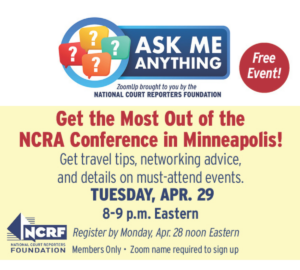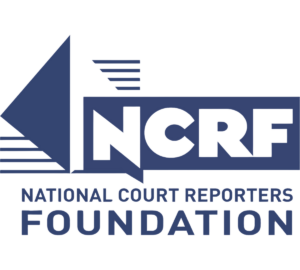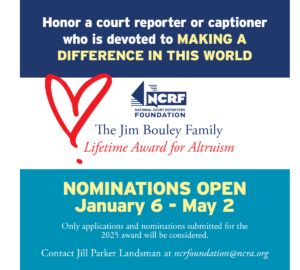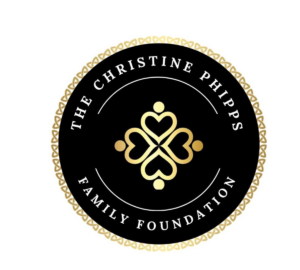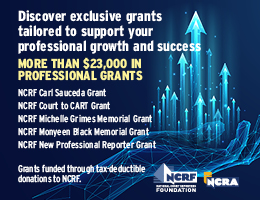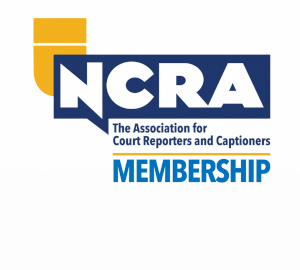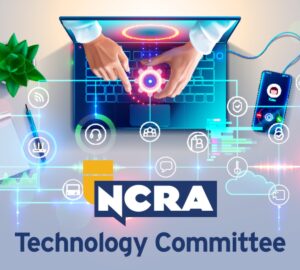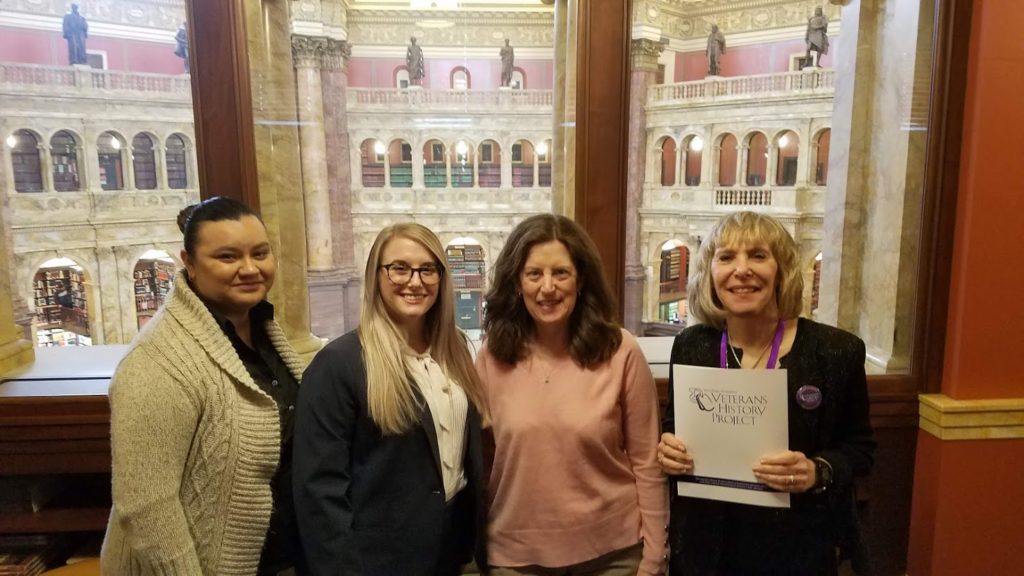
NCRA staff members recently delivered some of the Veterans History Project (VHP) transcripts members have produced to the Library of Congress (LOC).
NCRA members have transcribed 4,353 interviews for the VHP. NCRA Development Relations Manager Jill Parker Landsman, Membership and Development Manager Brenda Gill, Director of State Government Relations Jocelynn Moore, and Content Manager Heidi Renner visited the program at its headquarters in the Library of Congress.
Kerry Ward, liaison specialist with the Veterans History Project, said groups come to the LOC VHP office to present transcripts, and those presentations sometimes include ceremonies. Ward said the office’s role is to provide the inspiration and tools for a grassroots effort to help people share veterans’ stories.
This year, the VHP is celebrating its 20th anniversary of preserving and making accessible these veterans’ stories. They have 110,000 collections covering WWI to the present, and 60 percent of the materials are online.
“What a great honor it is to memorialize the narratives of our nation’s brave military veterans with this Oral History Project,” said Landsman, who also works for the National Court Reporters Foundation (NCRF), which, as the charitable arm of the Association, coordinates NCRA members’ transcription of the VHP audio and video. “Our court reporter members are eager to give back to their communities and their country. It amazes me how many members volunteer for this, share how touched they were by doing this, and want to transcribe yet another veteran’s oral history.”
The collections include people who served in many different ways. People will often say they didn’t do much, but that’s not true, Ward said. The interviews cover the full arc of someone’s life, including interviews, pictures, letters, artwork, and more.
“We’re not after the dramatic stories,” Ward said. “Things you don’t think are important can be important to someone else.”
Minimum requirements for a collection are a 30-minute audio or video interview, 20 pages or more of a journal or diary, and 10 photos, letters, or works of art. Those amounts can be mixed and matched. The information is then available to researchers; for instance, Ken Burns has used their records. They also hold workshops for groups of 25 or more on how to run a VHP day, like one that was held recently in Ohio.
It’s possible to see the veterans’ collections that have been put online. This link leads to the interviews that were transcribed by NCRA members.
Nancy Hopp, FAPR, RDR, CRR, CMRS, a freelancer from St. Louis, Mo., has been involved in multiple VHP interviews. “You just can’t imagine what it’s like to hear these horrifying and yet intimate stories,” she said. “The gratitude these soldiers expressed will stay with me for a lifetime.”
Read more about Hopp’s experiences with the VHP.
“In 2003, the Veterans History Project developed one of our most salient relationships when we collaborated with the National Court Reporters Foundation,” Ward said. “The transcriptions that NCRA/NCRF reporters contribute now allow historians, students of history, family members, and researchers to view these one-of-a-kind oral histories in printed form, which helps to emphasize the content and facilitate the usage.”
The Veterans History Project (VHP) is the first of several oral history projects that NCRF and NCRA members have supported through NCRF’s expanded Oral Histories Program.
- Transcribe a veteran’s pre-recorded history (guidelines and forms from the Library of Congress)
- Host a VHP Day
- Interview a veteran
For questions or additional information about this program and other NCRF programs, please email ncrfoundation@ncra.org.
